BBC Radio 3's Young Artists Day: Meet some of Britain's most exciting under-25 creatives
The station celebrates our talented youth with a special day of programming
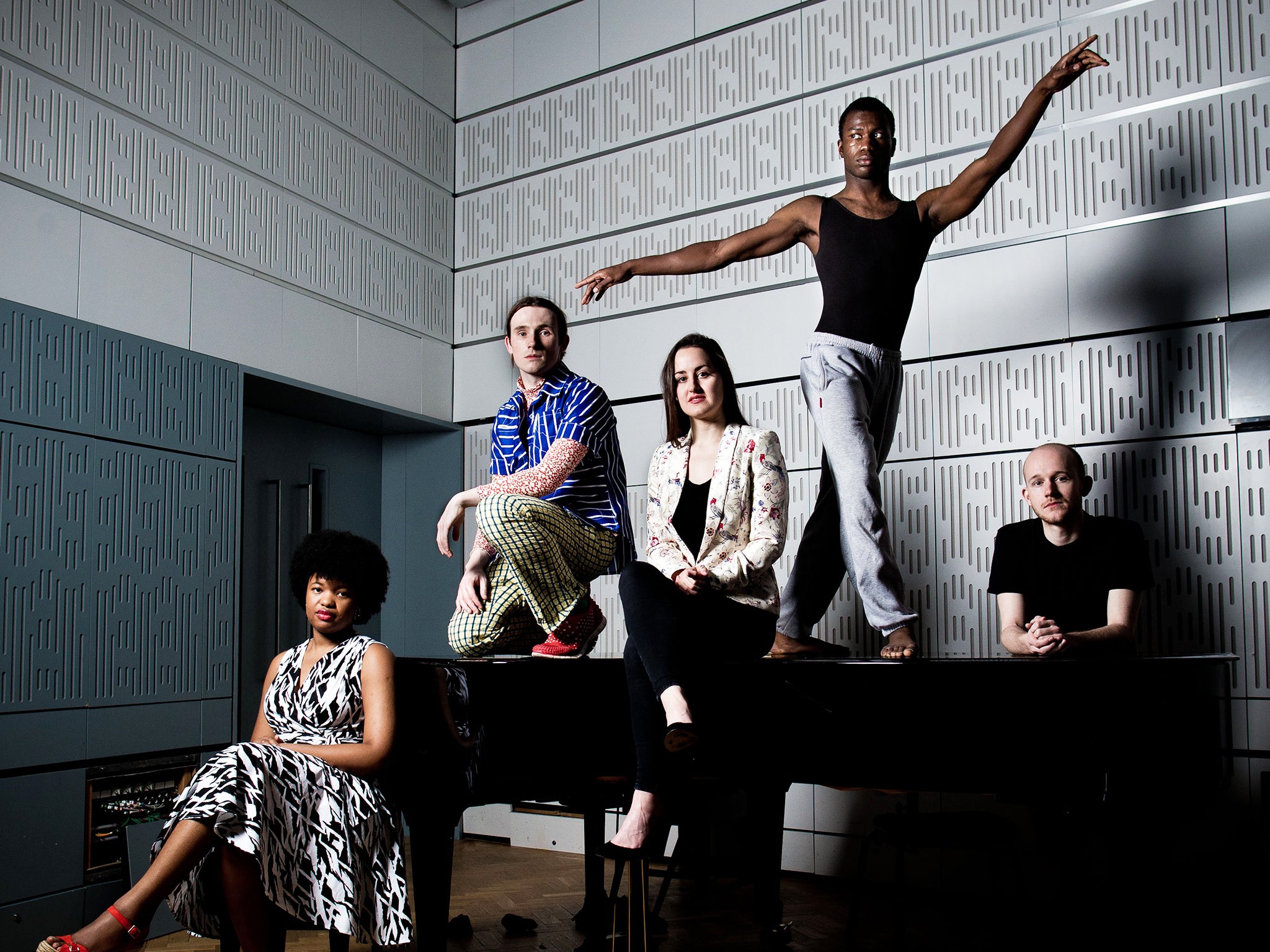
Your support helps us to tell the story
From reproductive rights to climate change to Big Tech, The Independent is on the ground when the story is developing. Whether it's investigating the financials of Elon Musk's pro-Trump PAC or producing our latest documentary, 'The A Word', which shines a light on the American women fighting for reproductive rights, we know how important it is to parse out the facts from the messaging.
At such a critical moment in US history, we need reporters on the ground. Your donation allows us to keep sending journalists to speak to both sides of the story.
The Independent is trusted by Americans across the entire political spectrum. And unlike many other quality news outlets, we choose not to lock Americans out of our reporting and analysis with paywalls. We believe quality journalism should be available to everyone, paid for by those who can afford it.
Your support makes all the difference.With arts cuts set to continue biting beyond the election, it’s never been more important to nurture and celebrate the creative talents of tomorrow, thriving as they are in a difficult climate.
This Bank Holiday Monday, BBC Radio 3 is doing its bit with a special Young Artists Day, which will pay tribute to Britain’s under-25 creatives via a series of interviews, commissions and features ranging across its programming. Below, we talk to some of those involved about their hopes, dreams and the pitfalls in traversing today’s arts landscape.
Edward Dowsett, Artist, 22, from Nottingham
Dowsett is a photographer/artist studying at London College of Communications. His latest project Bouncy Bouncy Fun Time, a play on the concept of experiential art, is a “bouncy castle which will be incredibly difficult to bounce on”. He will be appearing during the interval of Radio 3 Live In Concert (7.30-10pm).
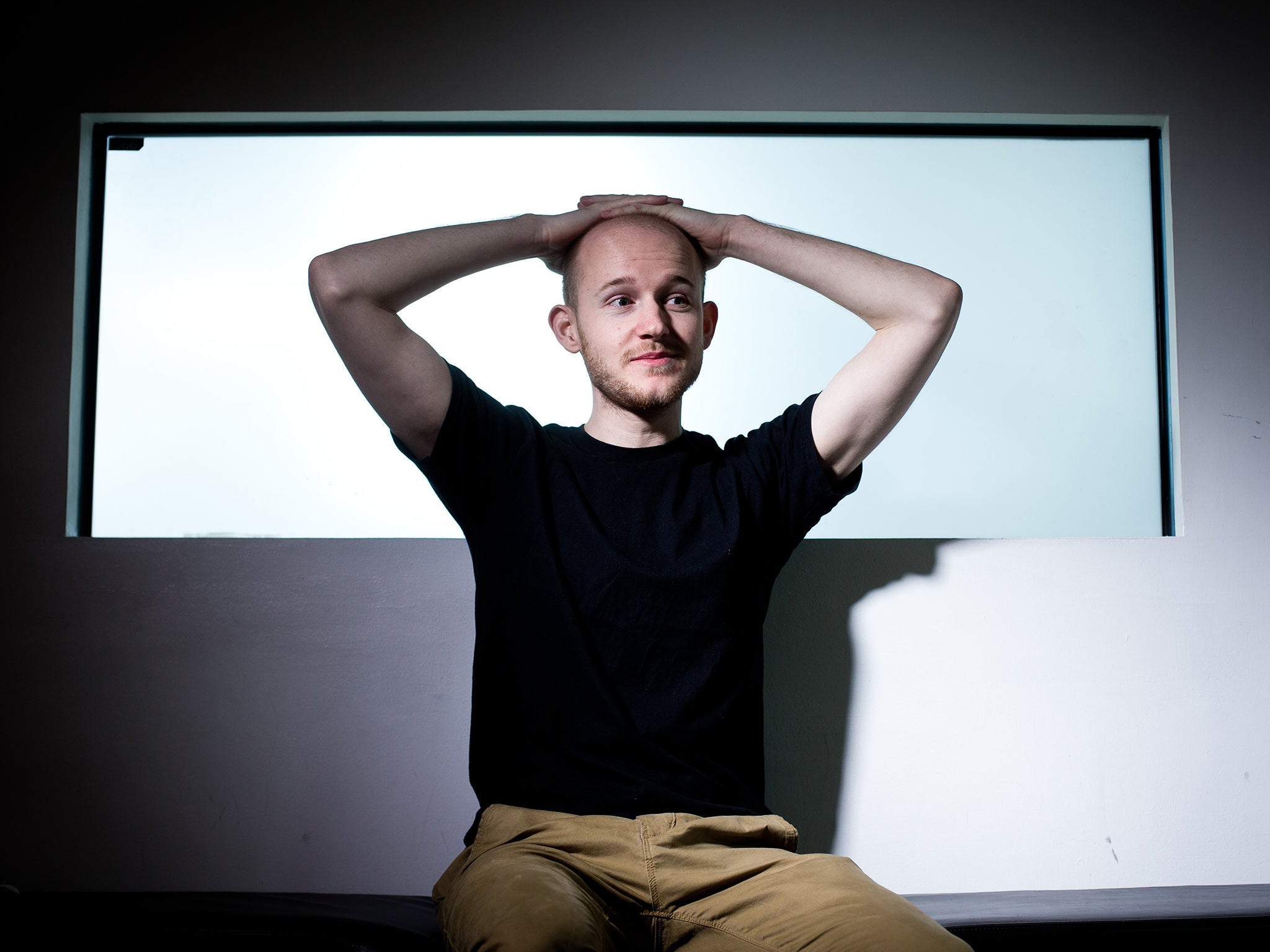
“I knew I wanted to be an artist when I was 18. Before going to university to study philosophy, I was doing a cheesy 18-30 tour around Europe because I’d promised [a friend] I’d go with them, but I ended up seeing a lot of art. There was an amazing exhibition at the time in the Kunsthalle in Budapest about life after he fall of the Soviet Union, and how Hungary had been taken in by the capitalist dream. I’d been studying this period of history and it just struck me how much these alternative methods of discourse could open up ways of speaking about things that allowed great depth of contemplation.
“The artwork that changed my life was Tony Oursler’s installation The Most Beautiful Thing I’ve Never Seen, when I was nine. It’s basically a sofa with a person underneath it with a projected face, and I thought it was so beautiful and it freaked me out.
“My dream project would be an exhibition in the Turbine Hall in Tate Modern. I’d like to put the Tate’s media department and their curatorial team in the space so people could walk around the team and... see the marketing process goes on behind the art.
“If I could do one thing to improve the arts in this country, I would encourage them to be seen as a useful thing in themselves. [Funders] say, ‘We’ll give you money but you need to help children’ and you have to jump through these strange hoops.”
Folu Odimayo, Dancer/Choreographer, 18, from Sutton
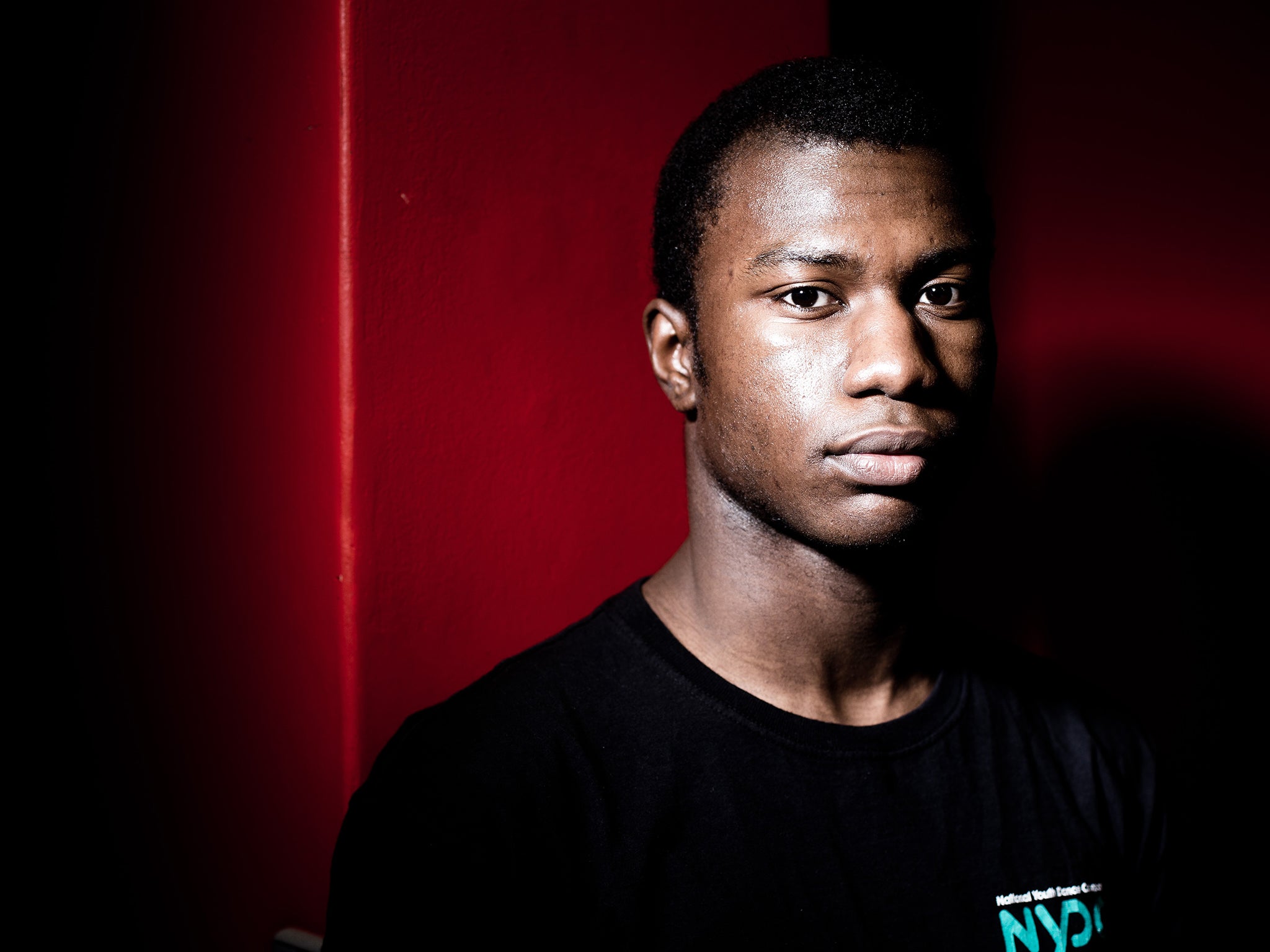
Odimayo is training at London Contemporary Dance School, and is also a member of the National Youth Dance Company. He will be choosing some of his favourite classical music on Essential Classics from 9am to 12 noon.
“I knew I wanted to be a dancer when I did a National Youth Dance Company project, The Rashomon Effect, at Sadler’s Wells last year. We explored nature and [what happens] when nature retaliates, but also personal memories, which gave the piece an edge. One memory I used was of when I went to Spain and almost drowned. It was more than dance; I had to draw on everything about me.
“The most important lesson I’ve learned so far is to be open to things. This is important with improvisation. What we sometimes do with contemporary dance is get stuck in physical patterns and that creates a really abstract image. But you need to be as varied in your movements as you can.
“If I could do one thing to improve the arts in this country, I would like to give [them] that academic respect that science gets. In Ancient Greece; arts and sciences were both revered, a philosopher or a playwright could also be as respected as a scientist. With all the cuts, arts aren’t seen as vital any more.”
Richard Malone, Fashion designer, 23, from Wexford, Ireland
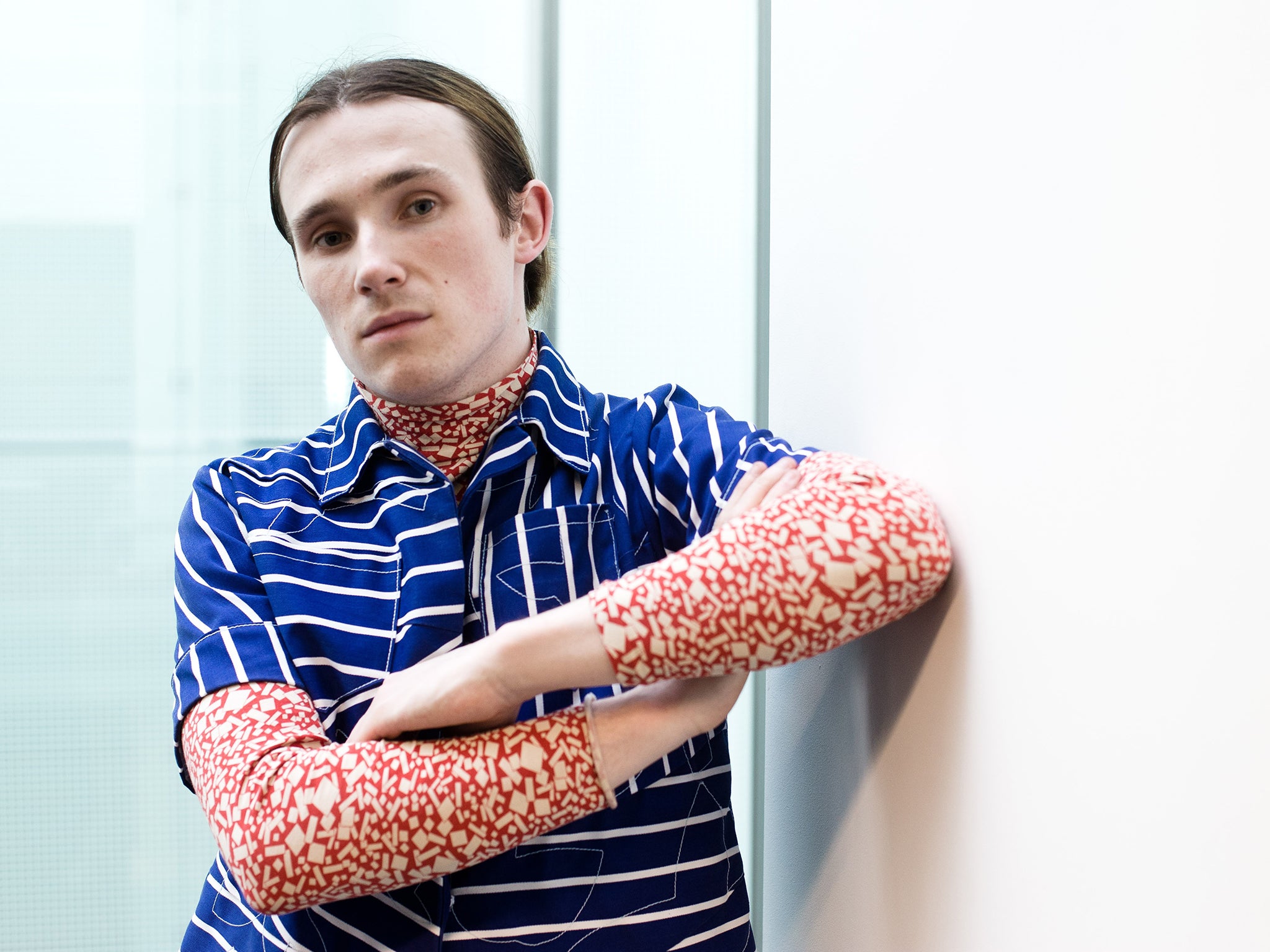
Malone graduated from Central Saint Martin’s last year with a BA in Fashion Womenswear. He will be on Artist of the Week from 10am.
“The most important lesson I’ve learned is to say ‘no’. I had four job offers from luxury fashion brands in Paris after my final-year show but I won’t do things I don’t feel comfortable with: I won’t work with size-zero models or Photoshop, it idealises women. I’ve got young cousins and I don’t want them thinking I adhere to that.
“My greatest challenge was doing my first show after university for London Fashion Week. I had a sponsor but they pulled out at the last minute. But then TfL helped me and I ended up exhibiting in Old Street Station for five days. Reactions were really positive. There are a lot of people who are interested in fashion and feel excluded from it. If you’re an art student, you go to see an art show; if you’re a fashion student, what do you go and see?
“My greatest fear is that the 2012 tuition fees increase to £9,000 a year will put people off studying. I only missed that by a year, and wouldn’t have been able to go now. I used to work on building sites with my dad so I’d probably be doing that instead. I really think the breadth of diversity in our art schools is being sucked out as a result. We’ll lose the diversity that makes the art culture so good. A lot of my collection is influenced by the fact the recession was really bad in Wexford. Both my parents lost their jobs. I was working in Louis Vuitton in Paris at the time and then going back home to do research and seeing the whole town go down to the job centre. It was weird.”
Montgomery Sadler, Composer, 24, from London
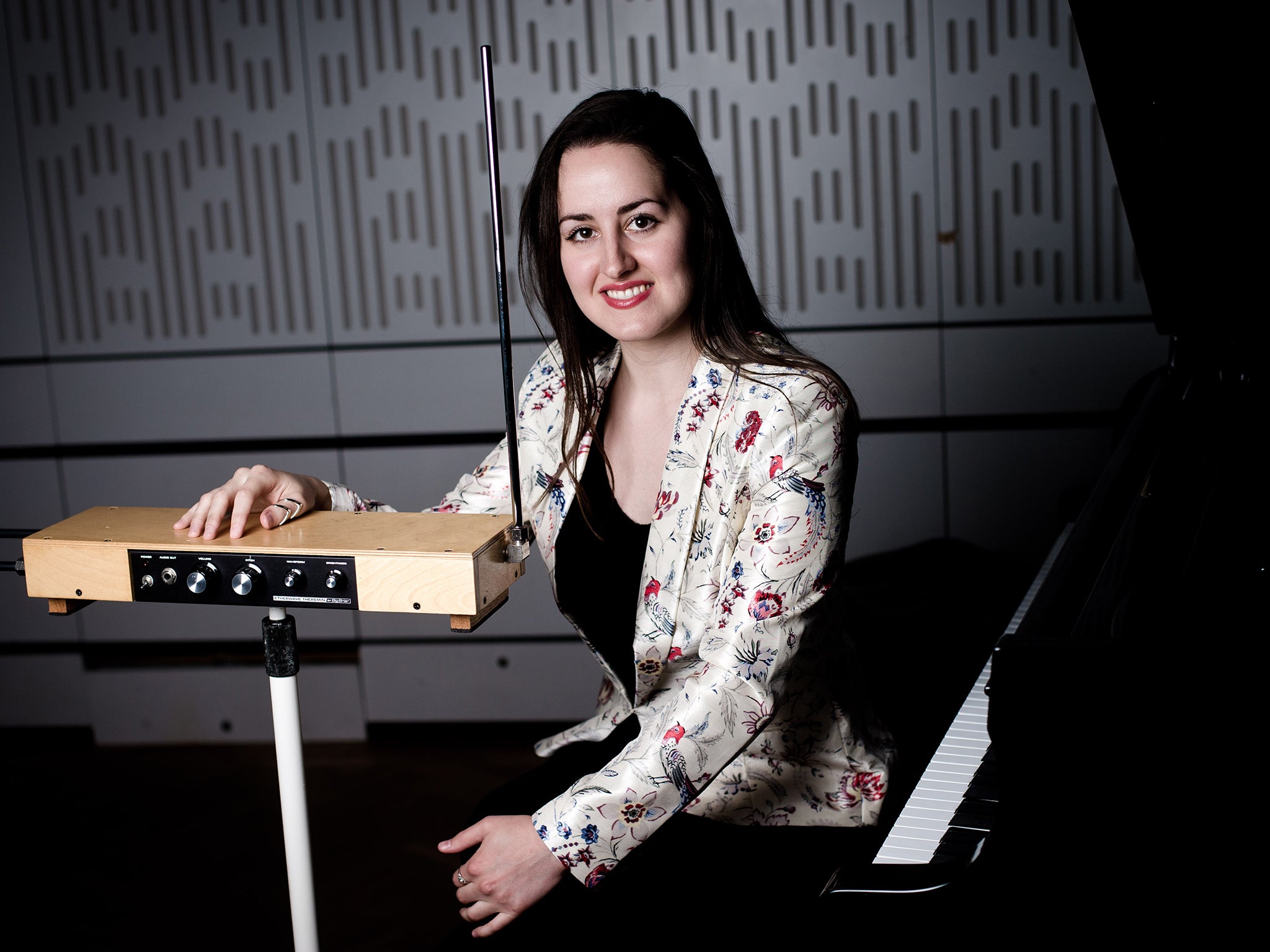
Sadler is an experimental composer and multi-intrumentalist currently studying and working with Taiko drumming master Joji Hirota. She features in a masterclass given by Scottish composer James Mac-Millan on Composer of Tomorrow 6.30-7.30pm.
“If I could do one thing to improve the arts in this country, I would change the sense of competition. People need to have a sense of community. Carnivals are great examples of this [as are] certain cultures where everyone sings as a family.
“If I could change one thing about the music world, I would make the industry more truthful. I get fed up with music videos when all you see is women portrayed in a certain light because sex sells. We need to look at how excitement goes out of the music and it’s all about the image. Why not reverse that?
“My greatest fear is fear itself .”
Chibundu Onuzo, Writer, 23, from Lagos, Nigeria
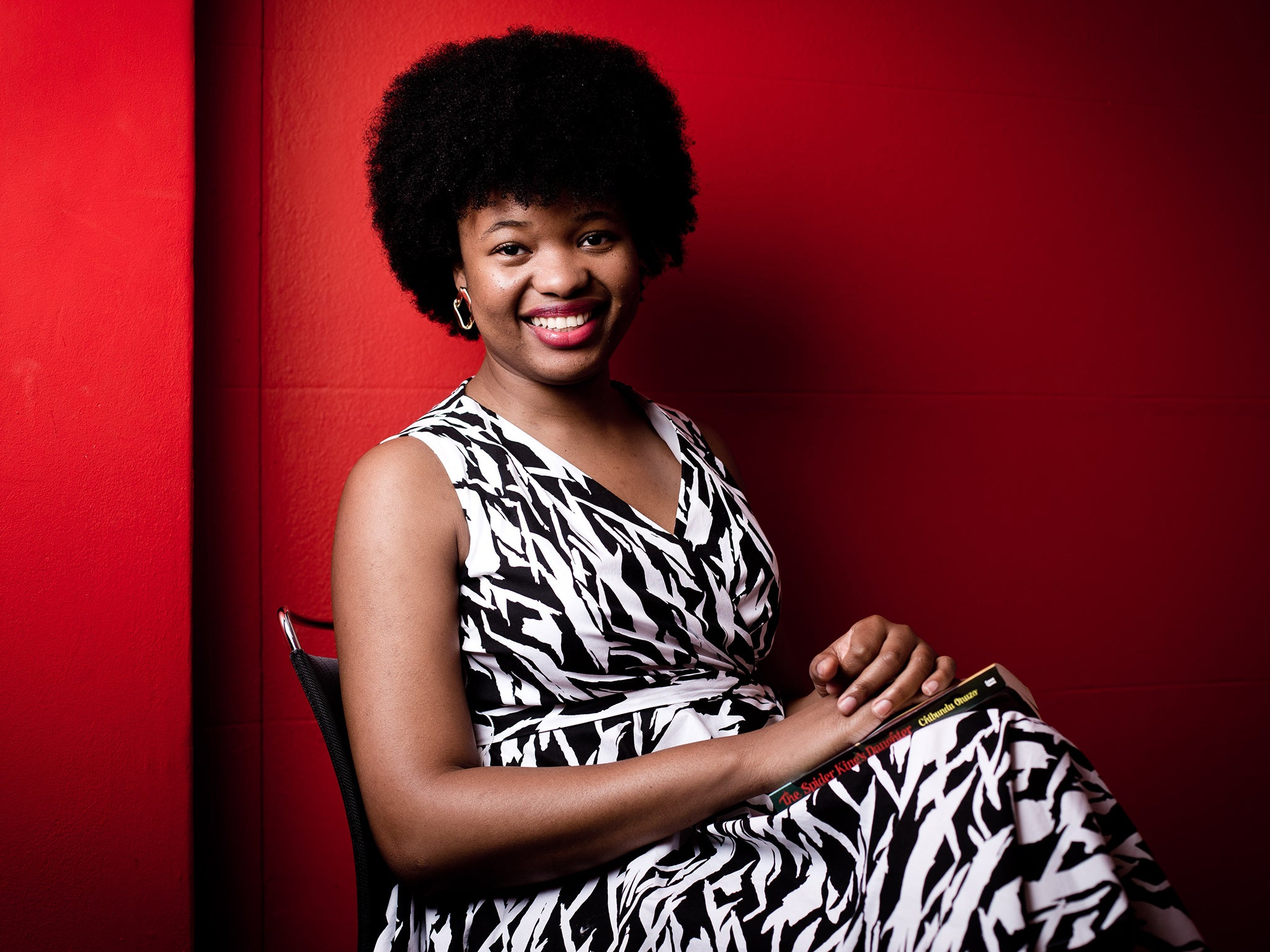
Onuzo's first novel The Spider King’s Daughter was published when she was 21. She will present a specially commissioned story in The Essay: Sunita (10.45–11pm).
“The best advice I’ve received is to write what you know – or do some research. My first attempt at a novel was when I was 10 and the main characters travelled back in time and met Native Americans, as I’d just watched Pocahontas. I gave it to my mum to read and she said, ‘Why are you writing things you don’t know anything about?’
“My artistic hero is Benjamin Franklin. This is a man who did everything he wanted to do in his life. He wrote books, he ran a newspaper, he was a scientist, made musical instruments. [Like him] I have a lot of interests; I want to do more politics in Nigeria and do music.
“My greatest fear is becoming difficult to edit. With some famous writers, their earlier works are much better than their later ones and [I think that’s] because you become so aware of yourself as the ‘grand writer’. [I can see how] it’s easy to become like that, especially because I was published so young and people take that to be an achievement in itself. You need to keep pushing.
“If I could change one thing about the literary world, I would make it less cliquey. I didn’t know anyone in publishing before I got in .... [My work] went on the slush pile. But when I went to a literary event recently, all these authors had got their agents through recommendations. I was in shock, like: ‘You didn’t go on about contacts.”
To listen to Young Artists Day, tune in to Radio 3 on Mon 4 May from 6.30am to 12.30am; see bbc.co.uk/radio3. To apply for tickets to a special live edition of ‘In Tune’, featuring young musical talent, go to roundhouse.org.uk
Join our commenting forum
Join thought-provoking conversations, follow other Independent readers and see their replies
0Comments